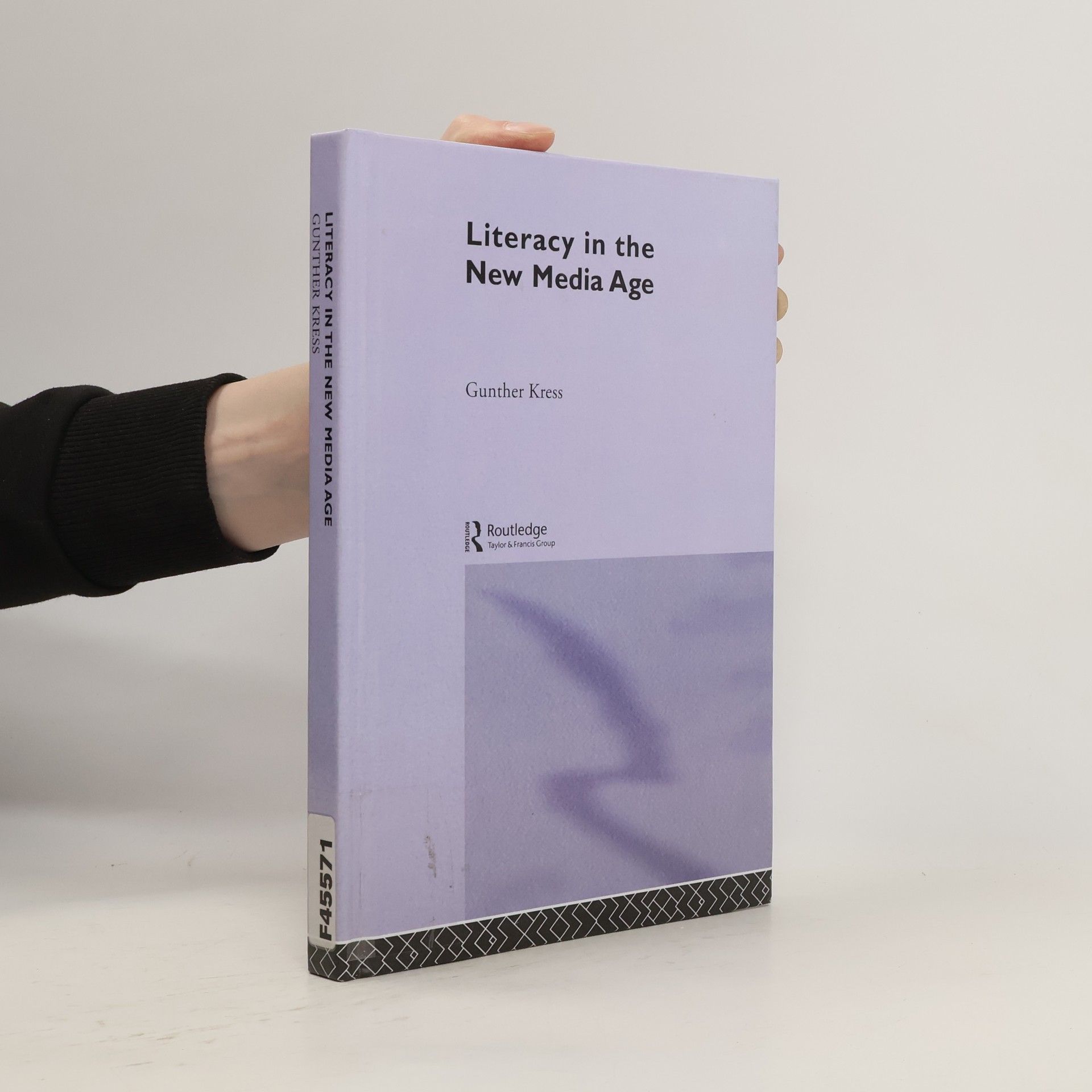Literacy in the New Media Age
- 204bladzijden
- 8 uur lezen
Examining the transformative impact of the Internet on communication, this influential work draws parallels to the historical significance of the printing press. It delves into the political implications of these changes and contemplates their potential effects on the future of literacy, highlighting the evolving landscape of information dissemination and its societal consequences.
